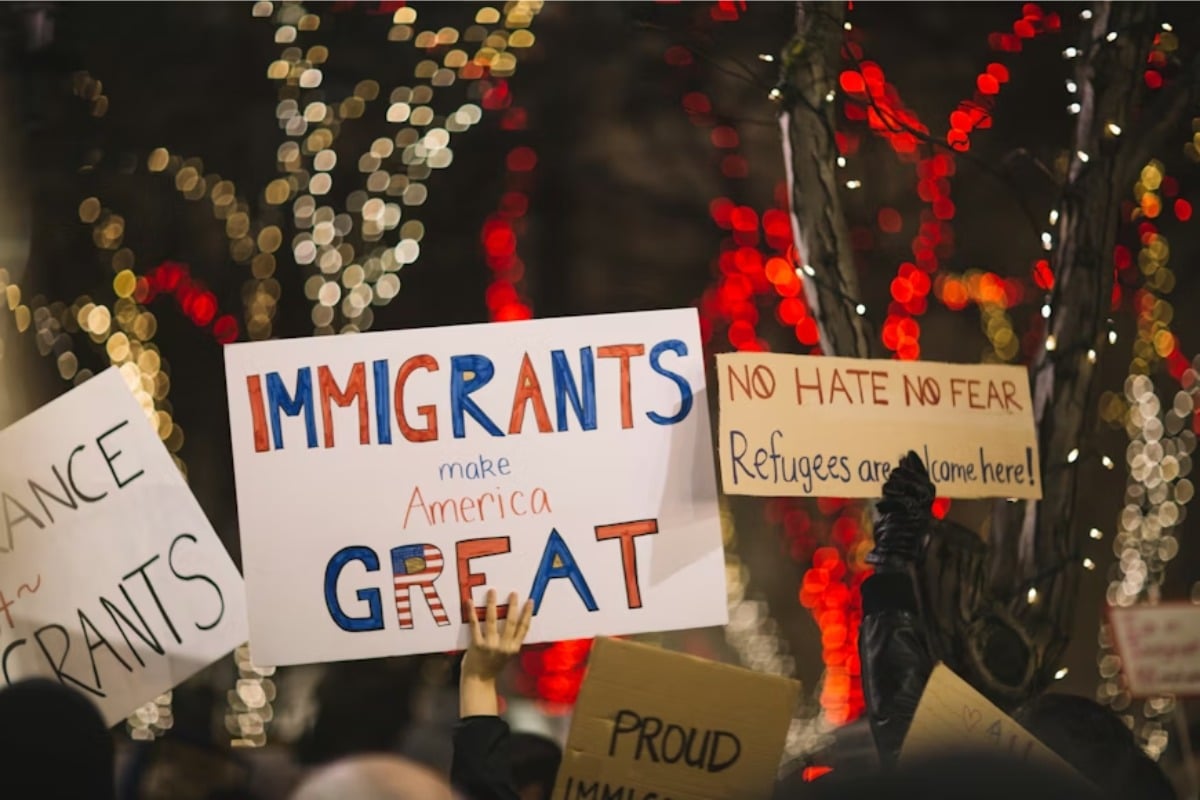
UPDATE: Today marks the 48th anniversary of the FBI’s dramatic capture of Patricia Hearst in San Francisco on September 18, 1975. This pivotal moment unfolded just 19 months after Hearst was kidnapped by the radical group, the Symbionese Liberation Army. The event remains a significant chapter in American crime history, highlighting the complexities of her case and the media frenzy surrounding it.
This day is not only about Hearst; it is also a moment to reflect on other key historical events. On this date in 1793, President George Washington laid the cornerstone of the U.S. Capitol, a landmark that symbolizes the nation’s legislative power. Additionally, it marks the passing of influential figures, including Supreme Court Justice Ruth Bader Ginsburg in 2020, known for her fierce advocacy of women’s rights.
In a broader context, September 18 has seen a series of transformative events throughout U.S. history. The Fugitive Slave Act was enacted in 1850, and the first edition of The New York Times was published in 1851. Significant geopolitical changes also occurred, as seen in 1961 when United Nations Secretary-General Dag Hammarskjold tragically lost his life in a plane crash in Northern Rhodesia (now Zambia).
Today’s historical reflections resonate with contemporary issues, reminding us of the ongoing struggles for justice and equality. As the nation remembers these pivotal moments, it’s vital to consider their impact on current social dynamics.
What’s Next: As we commemorate this day, discussions surrounding the legacies of these historical figures and events are sure to spark renewed interest, particularly the ongoing debates about justice, freedom, and the role of the media in shaping public perception.
Stay tuned for further developments and reflections as historians and commentators weigh in on the significance of this day in both past and present contexts.





